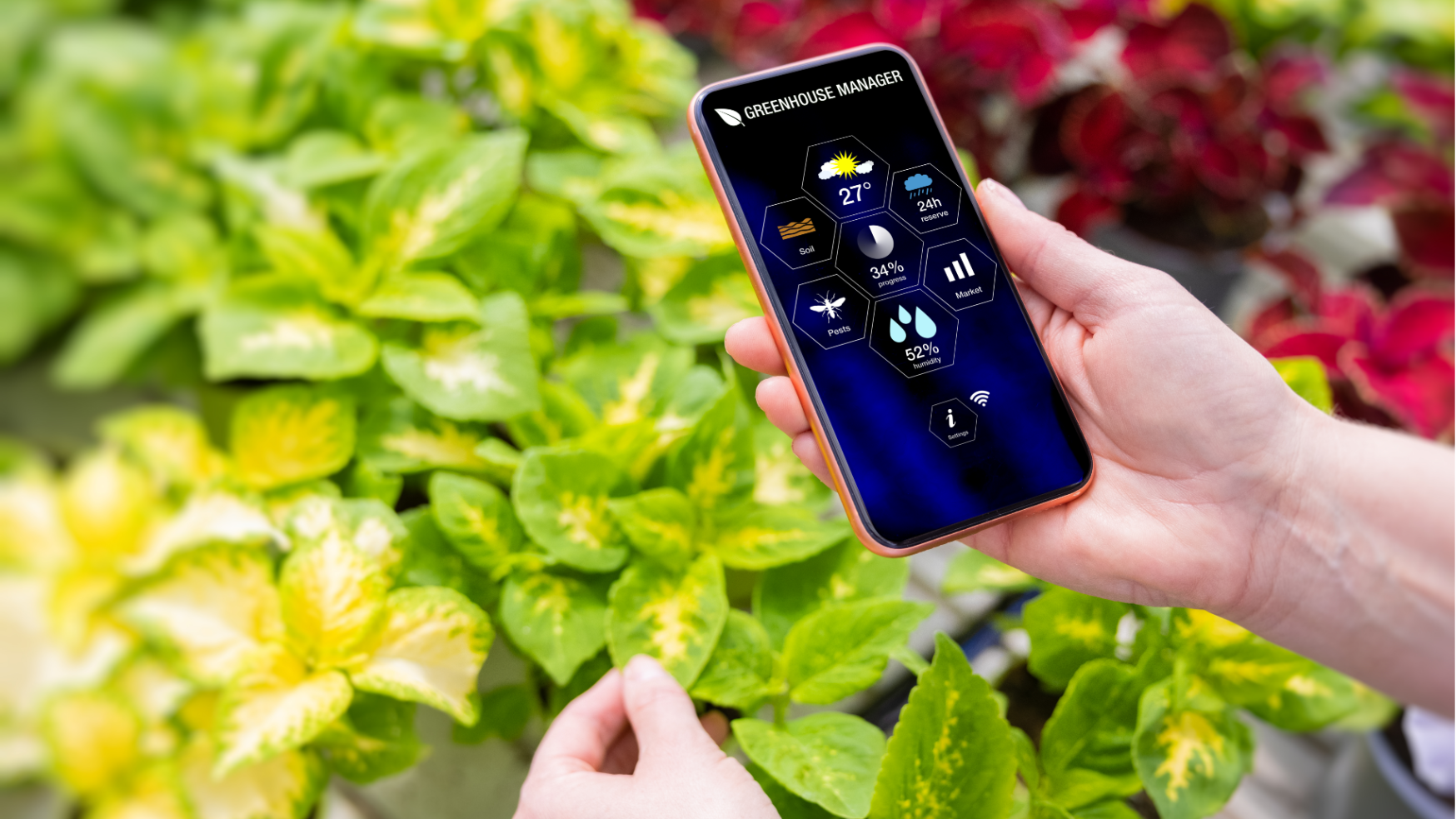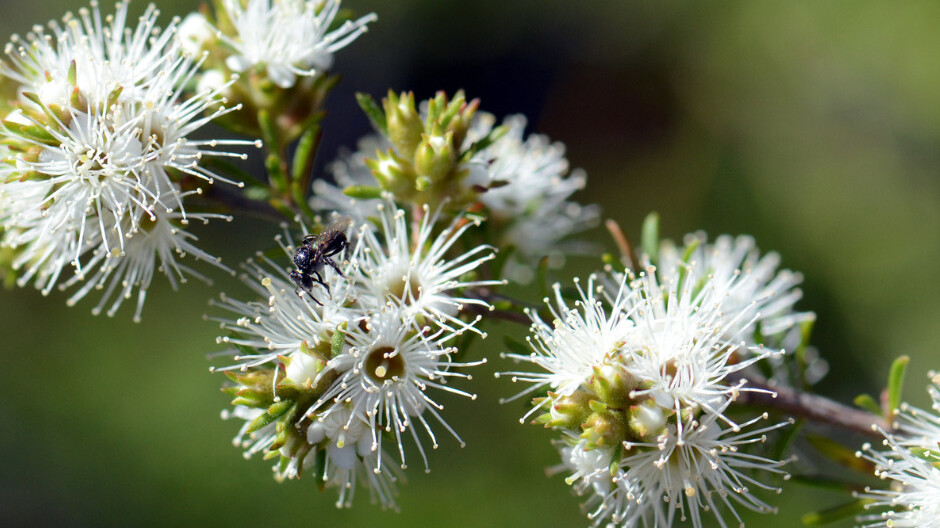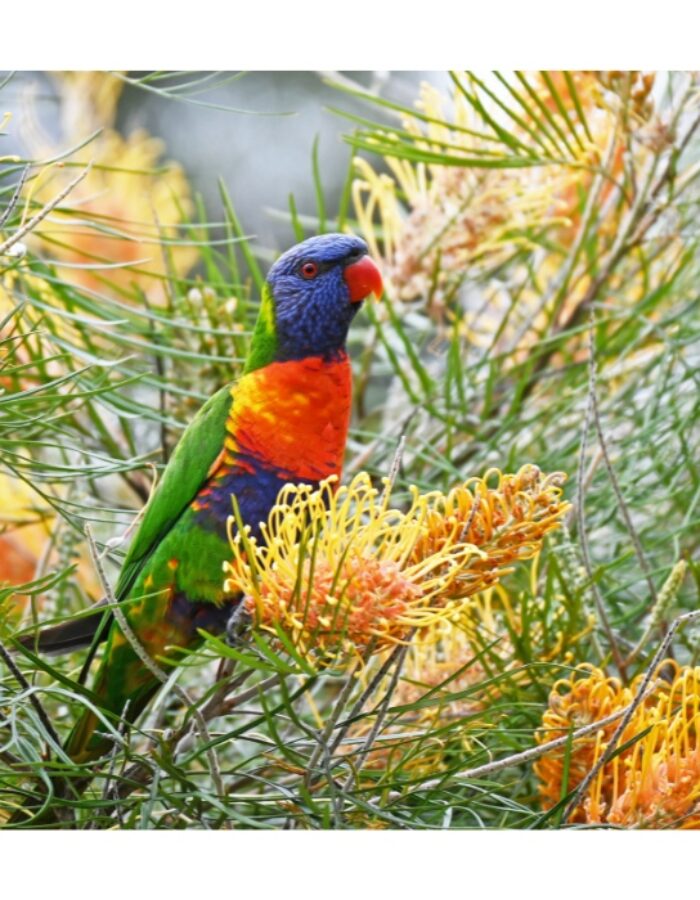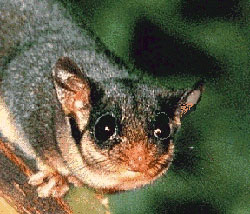
Leadbeater’s Possum – Adopt-a-nest box Project
Leadbeater’s Possum (Gymnobelideus leadbeateri) is an endangered possum restricted to small pockets of remaining old growth mountain ash forests in the central highlands of Victoria, Australia north-east of Melbourne. Leadbeater’s Possums can be moderately common within the very small areas they inhabit: their requirement for year-round food supplies and tree-holes to take refuge in during the day restricts them to mixed-age wet sclerophyll forest with a dense mid-story of Acacia. It is the only species in the Gymnobelideus genus. It was named after John Leadbeater the then taxidermist at the Museum of Victoria.[3] In 1971, the State of Victoria made Leadbeater’s Possum its faunal emblem. (Information from Wikipedia)
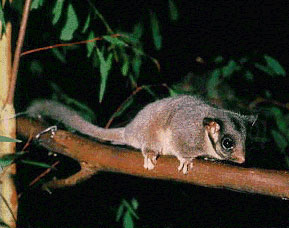 In 2006, ‘Project Possum’ (the Australian Geographic Nest Box Project) commenced, bringing together a dedicated team of Leadbeater’s Possum experts including scientists, representatives from State Government agencies and community groups. The aim of the project is to provide additional den sites for Leadbeater’s Possums by installing nest boxes at strategic localities throughout their range. The goal of installing 200 nest boxes should provide dens for a significant proportion of the approximately 2,500 Leadbeater’s Possums remaining in the wild.
In 2006, ‘Project Possum’ (the Australian Geographic Nest Box Project) commenced, bringing together a dedicated team of Leadbeater’s Possum experts including scientists, representatives from State Government agencies and community groups. The aim of the project is to provide additional den sites for Leadbeater’s Possums by installing nest boxes at strategic localities throughout their range. The goal of installing 200 nest boxes should provide dens for a significant proportion of the approximately 2,500 Leadbeater’s Possums remaining in the wild.
For further information, download the pdf Adopt a nest box promo
Information sources:
Photographs are courtesy of Frederico Rossignoli (Fred the Snake Man), www.snakeshow.net
Related Articles:
Citizen Science: A Pathway to Gardening Success and Biodiversity Conservation
In recent years, the realm of science has experienced a remarkable transformation, one that invites people from all walks of life to participate…
Wildflower gardens – What’s the buzz about?
In the quest for sustainable and environmentally conscious practices, gardening enthusiasts and nature lovers alike are turning to a time-tested…


